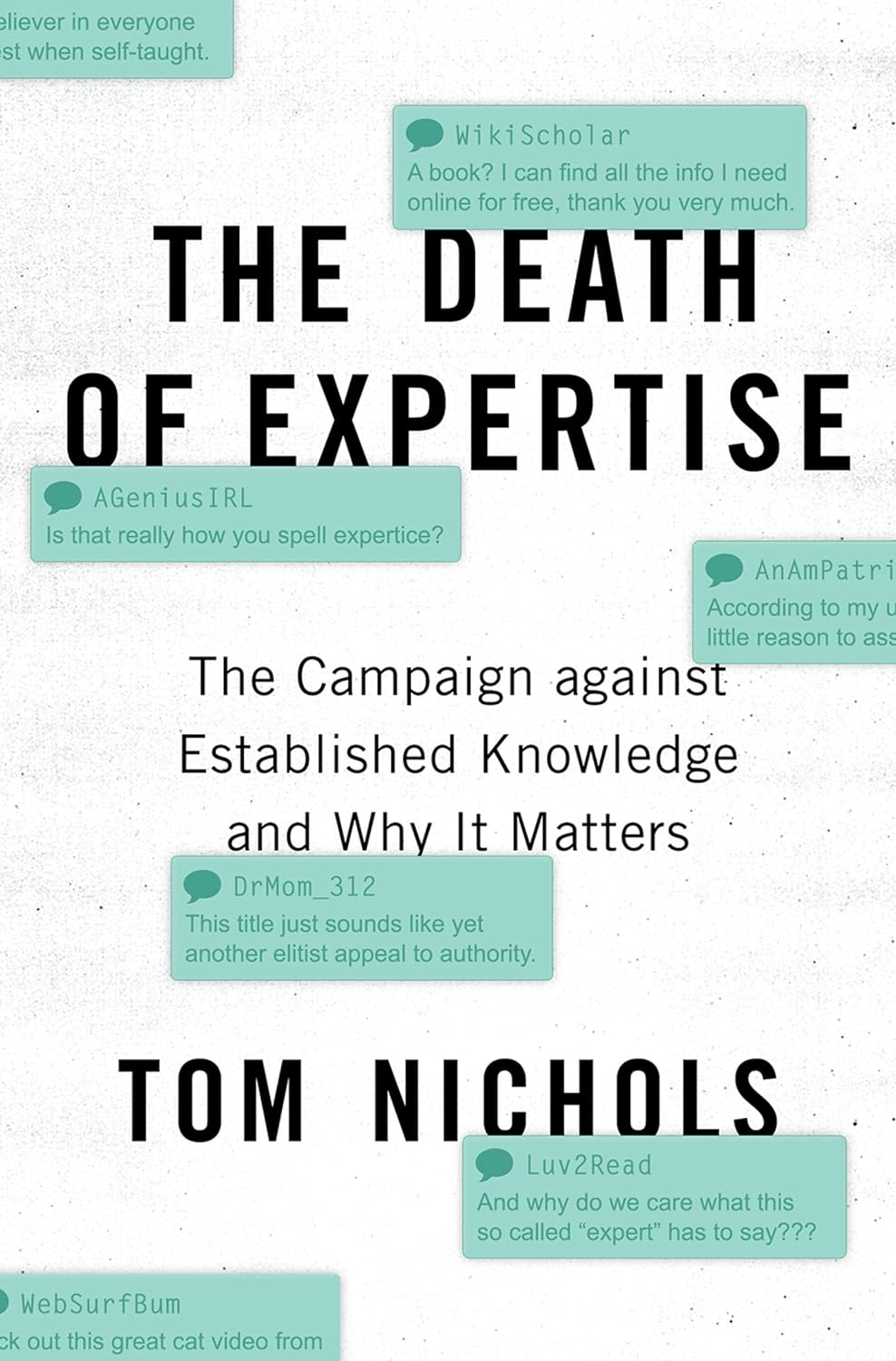An unwatched child is a tragedy waiting to happen.
Early in the book Lenore Skenazy sets the tone for the book, one that's going to shine a light on the fairly crazy claims like the one above. Skenazy's purpose is to help us tease out what is really worth being afraid of when it comes to our kids, and what is nothing more than fanciful worry based on a crazy news cycle that aims for eyeballs not information1.
One of the big takeaways from the book is that we are extremely worried about improbably disasters. We get worried about our children getting "snatched" from the front of our house when the likelihood means we need to leave them out there for 750k years to ensure it happens. They are in far more danger walking up or down the stairs, or travelling in a car with you. In fact, you personally pose a greater danger to your children than random strangers do.
Despite this being statistical fact, we worry about unlikely random chance encounters that may harm our children. We do this in part because of the belief in society that if anything bad happens to a child the parent is clearly at fault because they "weren't there". Bad things happen to people, and it seems like a greater tragedy when it happens to a child so full of untapped potential, but it doesn't follow that it is the parents "fault" when something happens.
To combat this Skenazy divides the book up into 14 commandments to stop policing our children so much and let them be the strong confident people they are. One of her first commandments deals with news and it's quest for eyeballs. Just turn it off. News thrives on sensationalism and grabbing our attention and it does this by taking statistically small events and blowing them up into what seems like everyday occurrences.
We want our children to become fine, upstanding adults, but in some ways we treat them as long as possible as sweet, silly babies.
I've often told my children that my job is to help them become strong confident adults that can navigate the world around them. That means I need to trust them and let them fail and navigate failure, and Skenazy would agree with me.
On the other side of this we see iGen, Death of Expertise, and Kids These Days, all showing the results of coddling children. iGen shows us how the maturity markers are happening later in life as we delay giving our children any responsibility. Death of Expertise talks about the harm that safe spaces do, and iGen echoes it as it talks about students seeing the result of words/bullying in their lives but having no idea of the harms of censorship because it's not their lived experience. Kids These Days takes the whole idea from the standpoint of the generation we're talking about, as they feel they have to run twice as hard to get half as much.
Skenazy also reveals how our long-term babying of children through their teens is something purely cultural to predominantly English speaking nations like Canada, The United States, The United Kingdom, and Australia. Conversely in many non-english European countries kids are regularly walking to school on their own at 5 and they look at the way we baby children as laughable.
On my front, I worry little about my children, but I do worry about the parents around us and the power they hold over the impact I can have on my child's life. From stories of children riding the bus and being visited by child services, to my own daughter getting told by a parent that she was too young to be at the park across the street on her own and getting supervised of the grounds, this is far too much power for others to have and for child services to hold. Even if I want to raise my children strong and independent, I have to balance their true capabilities with what some other parent will deem is appropriate for my child without knowing them at all.
That strikes fear into me, because I love being a dad and my ability to raise my kids into strong adults feels compromised by others that do fall for sensational news. Skenazy does provide us with some help here though in the form of a note or two to print off and hand to your children when they are confronted by another adult, complete with the statistics on their true danger and your phone number if they are concerned.
Should You Read Free-Range Kids?
If you're a parent, yes you should read it. I haven't spoken to a parent that doesn't want to watch their child grow in maturity, and Free-Range Kids is going to help you get out of the way of the strong capable child you have.
Purchase Free Range Kids on Amazon
Purchase Free Range Kids on Book Depository
Purchase Free Range Kids from an Independent Bookstore
See The Death of Expertise for more on how news got that way. ↩
